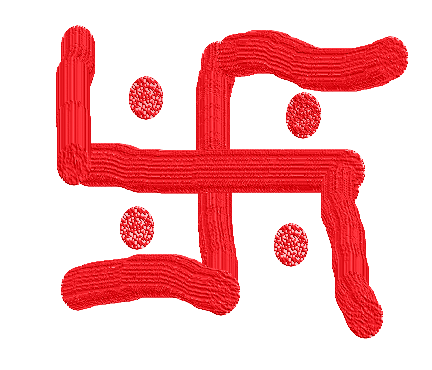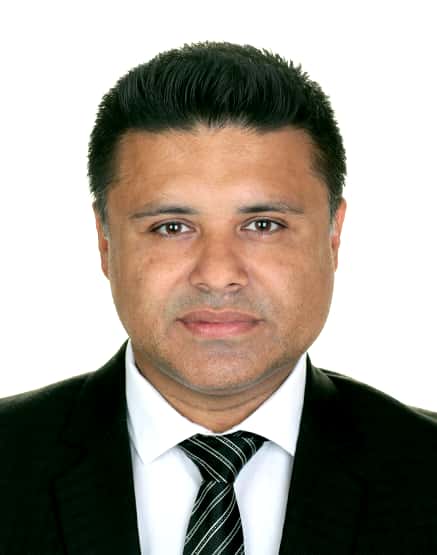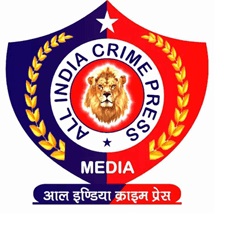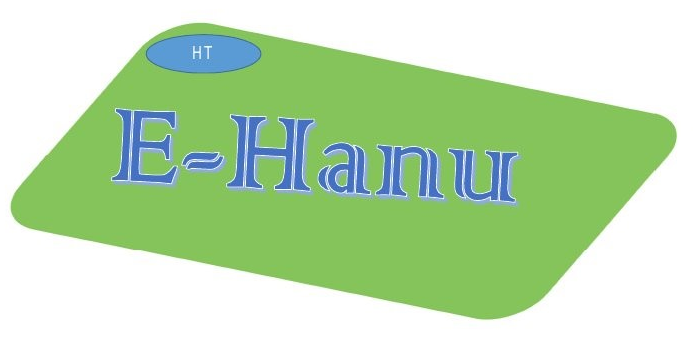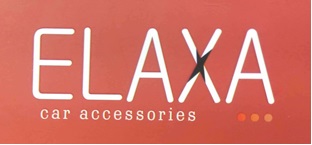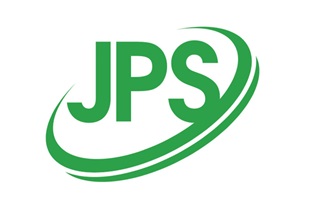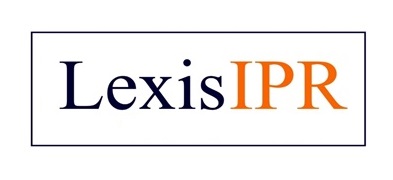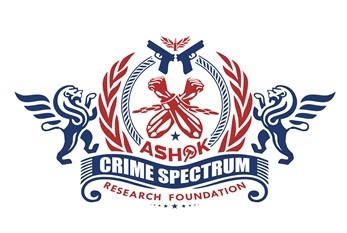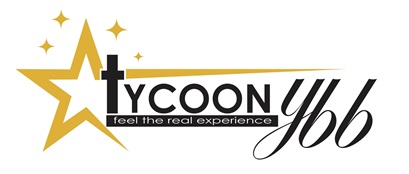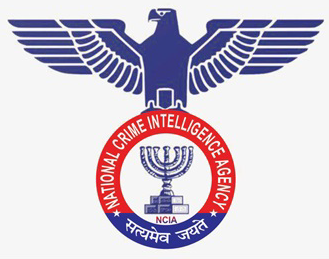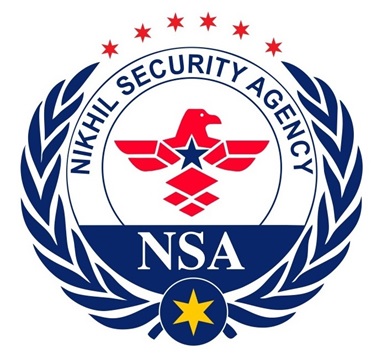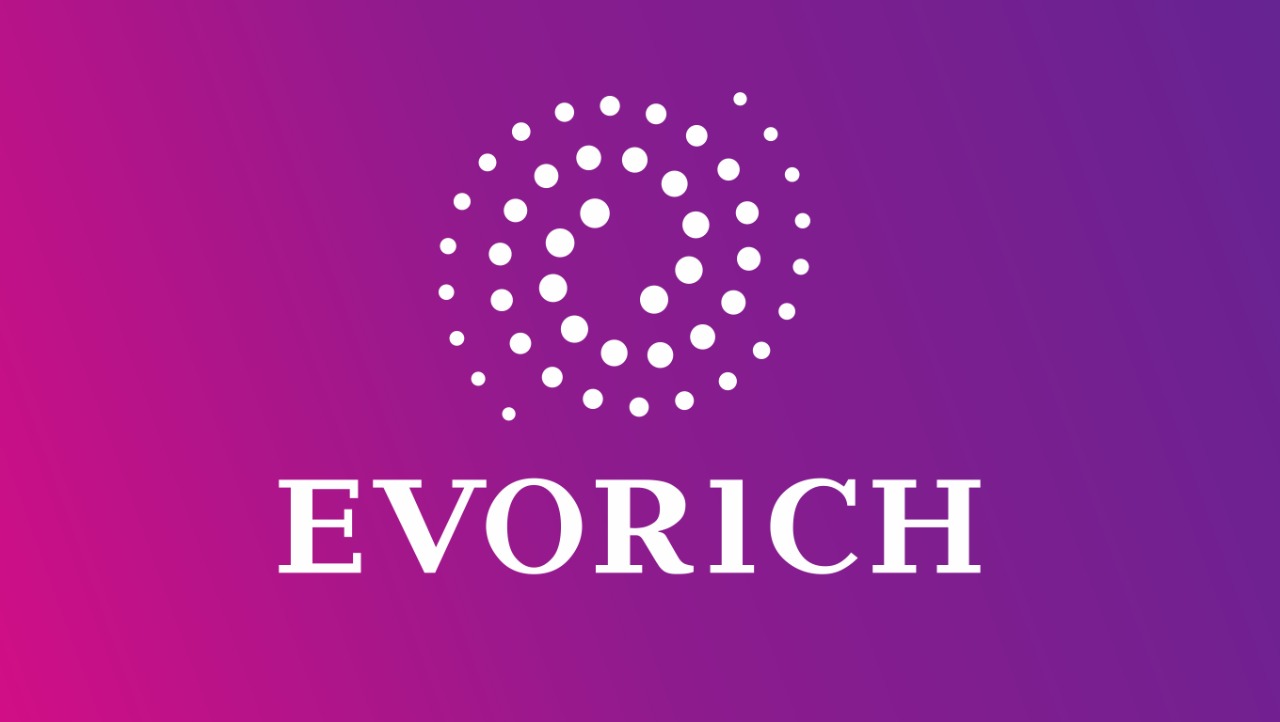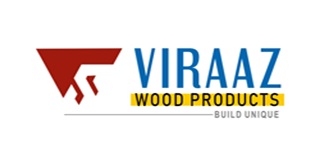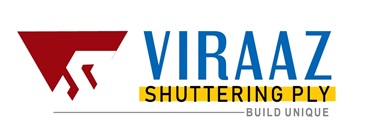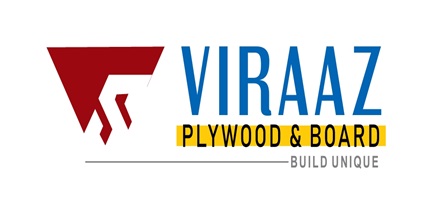Trademark Infringement
Civil litigation, Criminal , Commercial Litigation, Arbitration Proceedings, Intellectual Property Rights , Personal & Family Litigation, Income Tax Litigation, GST , Company Law , Consumer Case , Mediation & Conciliation.
3000 +
Happy clients
300 +
Advocate, CA, CS
10 +
Associates Offices
Request A Call Back
Trademark Infringement
About Trademark Infringement
Trademark infringement is a violation of the exclusive rights attached to a trademark without the authorization of the trademark owner or any licensees (provided that such authorization was within the scope of the license). Infringement may occur when one party, the “infringer”, uses a trademark which is identical or confusingly similar to a trademark owned by another party, in relation to products or services which are identical or similar to the products or services which the registration covers. An owner of a trademark may commence civil legal proceedings against a party which infringes its registered trademark.

Factors of Infringement
Courts consider various factors in order to determine whether a trademark was infringed. A trademark can be valid because it is officially registered, or because it has a claim under common law.
Whether the plaintiff has a valid trademark?
Whether the trademark is being used by the defendant?
Whether the defendant’s use of the mark is in commerce?
Whether that use is connected to the sale, offer, distribution, or advertising of a product.
Whether the defendant’s use of the trademark is likely to confuse consumers?
This last factor, consumer confusion, is the main topic of debate in most cases. Where the respective marks or products or services are not identical, similarity will generally be assessed by reference to whether there is a likelihood of confusion that consumers will believe the products or services originated from the trademark owner. The Court there announced eight specific elements to measure likelihood of confusion:
- Strength of the mark
- Proximity of the goods
- Similarity of the marks
- Evidence of actual confusion
- Marketing channels used
- Type of goods and the degree of care likely to be exercised by the purchaser
- Defendant’s intent in selecting the mark
- Likelihood of expansion of the product lines
Defenses
The party accused of infringement may be able to defeat infringement proceedings if it can establish a valid exception (e.g., comparative advertising) or defence (e.g. laches) to infringement, or attack and cancel the underlying registration (e.g. for non-use) upon which the proceedings are based. Other defenses include genericness, functionality, abandonment, or fair use. Trademark erosion, or genericization, is a special case of antonomasia related to trademarks. It happens when a trademark becomes so common that it starts being used as a common name and the original company has failed to prevent such use. Once it has become an appellative, the word cannot be registered any more, this is why companies try hard not to let their trademark become too common, a phenomenon that could otherwise be considered a successful move since it would mean that the company gained an exceptional recognition.
Whether or not a mark is popularly identified as genericized, the owner of the mark may still be able to enforce the proprietary rights that attach to the use or registration of the mark, as long as the mark continues to exclusively identify the owner as the commercial origin of the applicable products or services. If the mark does not perform this essential function and it is no longer possible to legally enforce rights in relation to the mark, the mark may have become generic. The process by which trademark rights are diminished or lost as a result of common use in the marketplace is known as genericization. This process typically occurs over a period of time in which a mark is not used as a trademark (i.e., where it is not used to exclusively identify the products or services of a particular business), where a mark falls into disuse entirely, or where the trademark owner does not enforce its rights through actions for passing off or trademark infringement.
Our Services
- Rendering trademark litigation services to the clients.
- Enforcing and challenging of impugned order.
- Writ before High Courts and Supreme Court of India
- Representing clients before Trademark Registry, District court, High Courts, and Supreme Court
- Advising clients on the appropriate remedies, choice of procedural and substantive law.
- Trademark Watch
- Trademark Search & Filling







